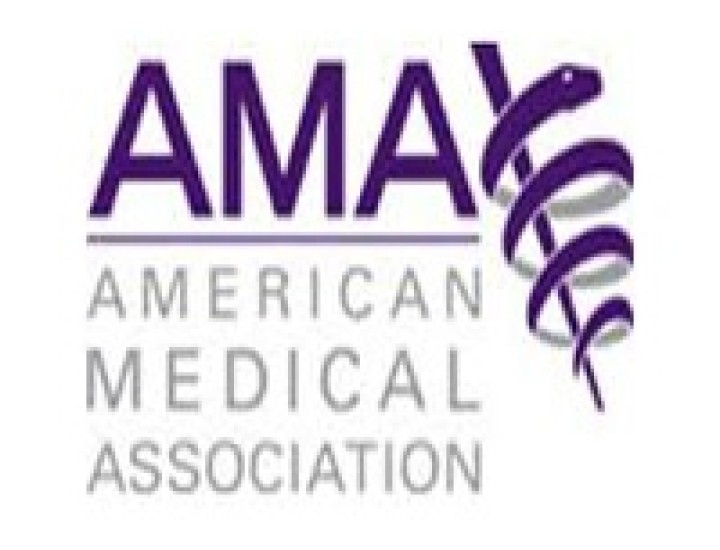Published February, 2015
Testimony of the AIDS Law Project of Gay & Lesbian Advocates & Defenders (GLAD) in Opposition to H 5245 (“An Act Relating to Criminal Offenses – Criminal Transmission of HIV”), Delivered to the Rhode Island House Judiciary Committee (2015)
This written testimony was submitted by Gay and Lesbian Advocates and Defenders (GLAD) to the Rhode Island House Judiciary Committee at a hearing on House Bill H5245, “An Act Relating to Criminal Offenses – Criminal Transmission of HIV”, on February 24, 2014.
If enacted into law, H 5245 would, upon conviction, impose a sentence of up to 15 years in prison and a fine of up to $5,000 on people who knows they are HIV positive but does not disclose their HIV status to sex or syringe sharing partners, engages in prostitution, or sells or donates bodily organs, blood or other bodily fluids.
In its testimony GLAD states that it is the consensus among the nation’s leading medical and public health organizations that HIV criminalization laws, such as H 5245, are harmful to the public health. GLAD says that passage of H 5245 law would:
- Undermine public health efforts to prevent HIV and will actually increase HIV transmission.
- Increase rather than reduce HIV transmission by undermining proven public health measures.
- Deter Rhode Islanders from being tested for HIV and accessing medical care.
- Increase the stigma associated with HIV.
- Create distrust between people with HIV and their doctors.
GLAD also states that scientific evidence shows laws like H 5245 do not affect transmission that the bill itself is not based on current medical knowledge about HIV.
Copyright Information: CHLP encourages the broad use and sharing of resources. Please credit CHLP when using these materials or their content. and do not alter, adapt or present as your work without prior permission from CHLP.
Legal Disclaimer: CHLP makes an effort to ensure legal information is correct and current, but the law is regularly changing, and the accuracy of the information provided cannot be guaranteed. The legal information in a given resource may not be applicable to all situations and is not—and should not be relied upon—as a substitute for legal advice.

